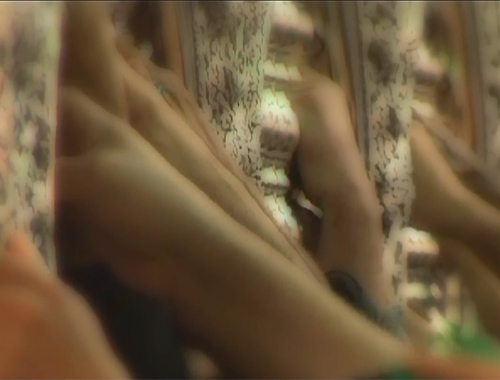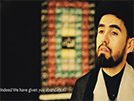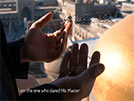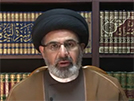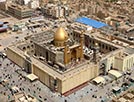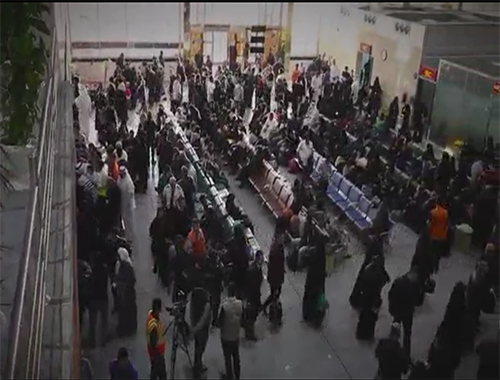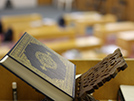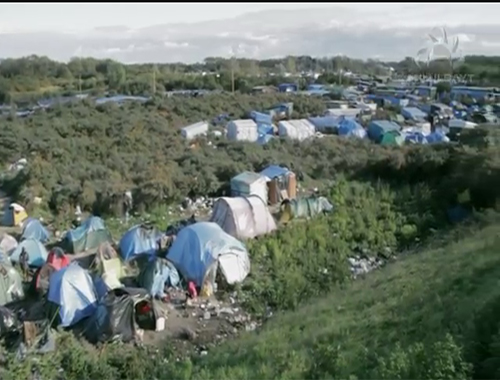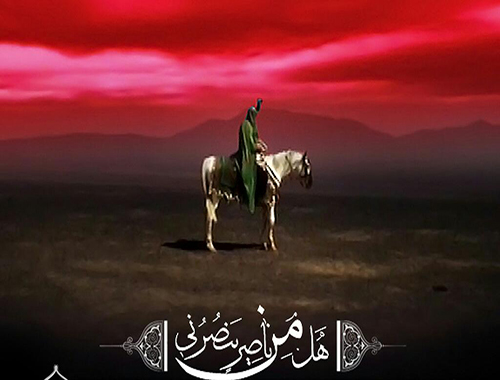Man from the View Point of Islam
- Details
- Hits: 1799
Man from the View Point of Islam
Taking into consideration what we have already said concerning man and the range of his will and choice, we can come to certain conclusions. Here we briefly refer to some of the principles only. While doing so, we will try to touch upon the basic views of the Existentialist School in order to make clear the questions under consideration:
(1) Essence of man (what he has and what he himself should make)
Man has an inborn essence. He has a nature which is terrestrial and celestial at the same time. He has various tendencies and instincts and various capabilities and desires. But he has to develop his individual essence through his personal efforts and will. His tendencies and talents provide a ground on which he has to build his essence and decide what he should be.
(2) Human freedom and Divine destiny
Man is a free agent, but this freedom has been given to him by Allah. In the words of some contemporary writers, man is destined to be free.
No school of thought asserts that it is man himself who has given freedom to him. All agree that freedom has been given to him and imposed on him from outside. If it is so, why should we not admit that it has been bestowed on him by Allah [36] and it is a Divine gift.
It may be said that such a belief leads to predetermination, which amounts to the negation of man's freedom and his free will.
We know that according to the religious outlook, if there exists any Divine compulsion in respect of man, that compulsion is in regard to his having volition and freedom, and if there is any predetermination by Allah, that means that man should exercise his choice with consciousness and freedom. Hence divine will necessarily implies the freedom of man and not his predestination.
(3) Sphere of choice and role of guidance
We know that natural urges, Divine guidance and even environmental conditions affect man's choice and his freedom. But their role is not compelling. They only create a tendency and pave the way for taking action. It is always man's own free will which gives a definite shape to these tendencies and modifies them. It is up to him to identify the truth and take advantage of the guidance with insight. We have already said that Divine revelation is a guidance which is enlightening, instructive and helpful. It is a blessing of Allah which guides man to the right path.
(4) Man has a purpose
We have already stated that the universe has not been created without a purpose and in vain. Man and life also cannot be without a purpose. He has been created to make an evolutionary progress in all the dimensions of his existence and ultimately to make a journey towards Absolute Perfection (as we have stated earlier).
(5) Man is responsible
It is man who is responsible to make himself and his environment. But responsible to whom?
Some schools of thought give no answer to this question, for they maintain that beyond man there is no conscious authority to question him. But in Islam there exists a responsibility and that too towards the Almighty, the Wise and the All‑knowing, who will call every one to account, and recompense him.
The holy Qur'an says:
"You will indeed be questioned about what you used to do" . (Surahal‑Nahl, 16:93).
"By Allah! You shall indeed be called to account for what you have been forging". (Surah al‑Nahl, 16:56).
`Detain them for they are to be interrogated". (Surah al‑Saffat, 37: 24).
`Allah cannot be questioned as to what He does, but they will be questioned". (Surah al‑Anbiya, 21:23).
Such a responsibility can produce a great effect, and may work as an incentive.
(6) Vigilance and anxiety
A man who has received training in Islamic ways, is vigilant. In other words he feels anxious and uneasy, because he is responsible for making the right choice. He is responsible for his salvation, for his well‑being and for the well‑being of his society. Similarly he is accountable for his fall and his decadence. Every action of his is lasting and produces a result. Therefore this anxiety and vigilance axe constructive, add to his responsibility and affect his choice.
(7) Man is not without a refuge
In Islam man's free will does not mean that he has no refuge and that he has to depend on himself alone totally. He is blessed with Divine protection and favor. If he makes effort and moves in the right direction, he receives Allah's help. [37] He is not alone; Allah is with him. [38] You may say that everything is in the hand of man. If he really establishes relation with Allah, the doors of clear thinking, knowledge and power are opened to him. [39] He feels encouraged and a spirit of new zeal is infused in him.
(8) Self‑dependence, fear and hope
Islam recognizes a particular sort of `disappointment'. One must not depend on the deeds of others. [40] Family position, children and wealth can save none. [41] Everyone is self‑made and has to depend on his own deeds.
Thus man is a mixture of fear and hope, [42] and yearning and apprehension. His fear is such that it saves him from making mistakes and falling into sin. It is not that kind of fear which may. frustrate him and lead him to inertness.
His hope inspires him to good deeds and renders him neither haughty and selfish nor lazy and sluggish.

